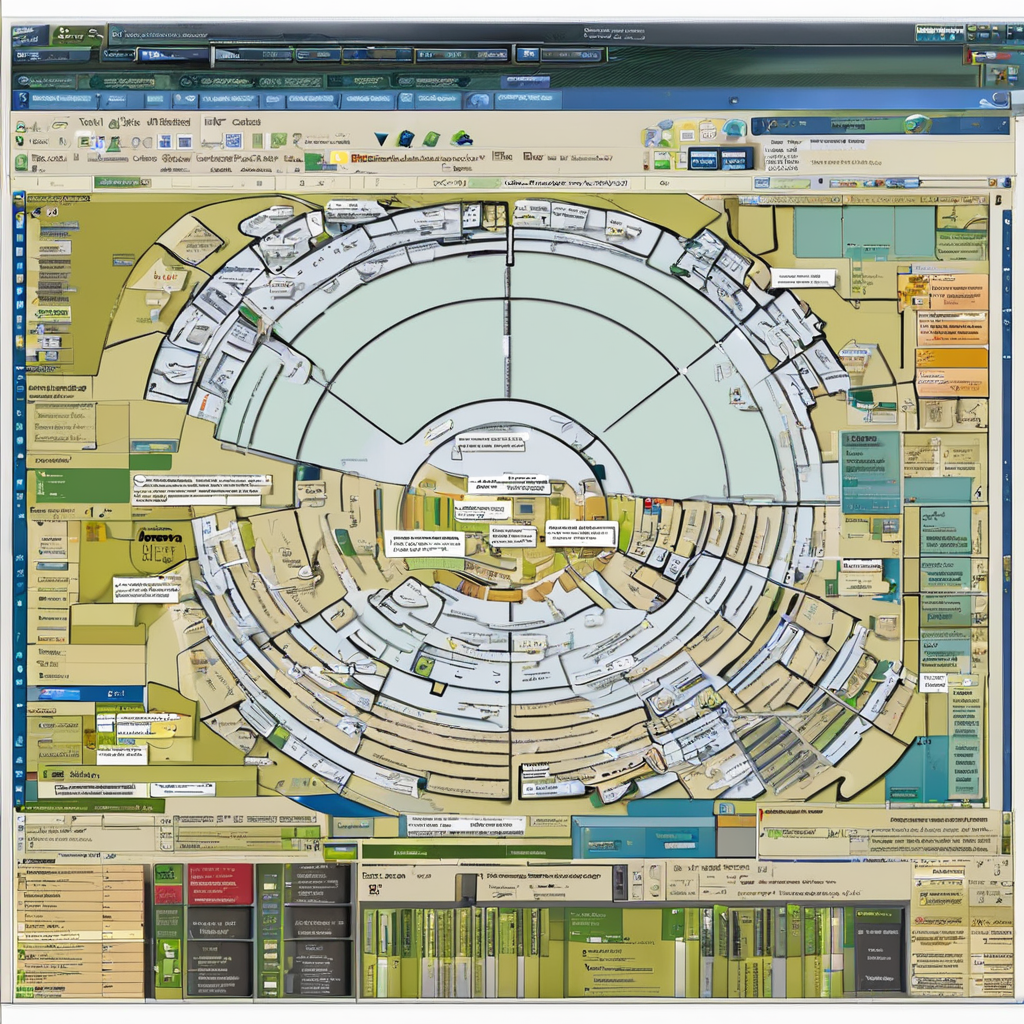Enterprise Resource Planning (ERP) software is a comprehensive solution that integrates various functions within an organization into a single system. This software allows for seamless coordination and communication between different departments, streamlining processes and enhancing overall efficiency. ERP systems cover a wide range of activities, including accounting, human resources, inventory management, customer relationship management, and more. By consolidating these functions into one platform, ERP software enables businesses to operate more cohesively and make data-driven decisions.
One of the key benefits of using ERP software is improved data accuracy and consistency. With all departments accessing the same information in real-time, there is less room for errors or discrepancies in data entry. This leads to better decision-making based on reliable data, ultimately driving business growth and success. Additionally, ERP systems provide a centralized database that serves as a single source of truth for the entire organization, reducing duplication of efforts and ensuring data integrity across the board.
Another advantage of ERP software is enhanced productivity and efficiency. By automating routine tasks and workflows, employees can focus on more strategic activities that add value to the business. This increased efficiency not only saves time but also reduces operational costs, allowing companies to allocate resources more effectively. Furthermore, ERP systems offer advanced reporting and analytics capabilities, enabling organizations to gain valuable insights into their operations and performance metrics.
In today’s fast-paced business environment, agility and adaptability are crucial for staying competitive. ERP software helps organizations respond quickly to market changes and customer demands by providing real-time visibility into key metrics and performance indicators. This enables businesses to make informed decisions on the fly and adjust their strategies accordingly. Moreover, ERP systems can be customized to meet the specific needs of different industries, ensuring that companies can tailor the software to suit their unique requirements.
Security is a top priority for any organization, especially when it comes to handling sensitive data and information. ERP software offers robust security features, such as role-based access control and encryption, to safeguard critical business data from unauthorized access or cyber threats. By implementing stringent security measures, companies can protect their assets and maintain compliance with industry regulations, giving stakeholders peace of mind and confidence in the system’s reliability.
Scalability is another key advantage of ERP software, particularly for growing businesses or enterprises with expanding operations. As companies evolve and their needs change, ERP systems can easily scale to accommodate increased users, transactions, and data volumes. This scalability ensures that organizations can continue to leverage the benefits of ERP software as they grow, without having to invest in costly infrastructure upgrades or additional software solutions.
Integration is essential for maximizing the efficiency of business processes and ensuring seamless communication between different systems and applications. ERP software integrates with other tools and platforms, such as CRM systems, supply chain management software, and e-commerce platforms, to create a unified ecosystem that supports end-to-end business operations. This integration eliminates silos and data inconsistencies, enabling smooth data flow and collaboration across departments.
Training and support are crucial aspects of implementing ERP software successfully within an organization. Training programs help employees understand how to use the system effectively and maximize its capabilities, resulting in higher user adoption rates and overall satisfaction with the software. Additionally, ongoing support from ERP vendors ensures that any issues or concerns are addressed promptly, reducing downtime and minimizing disruptions to business operations.
Cloud-based ERP solutions offer added flexibility and accessibility for businesses looking to modernize their operations and adapt to remote work environments. With cloud ERP, employees can access the system from anywhere with an internet connection, enabling seamless collaboration and remote working capabilities. Cloud-based ERP also eliminates the need for on-premise infrastructure and maintenance, reducing IT costs and simplifying software updates and upgrades.
In conclusion, Enterprise Resource Planning software plays a vital role in helping organizations streamline their operations, improve efficiency, and drive growth. With its wide range of benefits, including enhanced data accuracy, increased productivity, agility, security, scalability, integration, training, and cloud capabilities, ERP software has become a cornerstone of modern business management. By investing in a robust ERP system tailored to their specific needs, companies can position themselves for success in today’s competitive market landscape.
